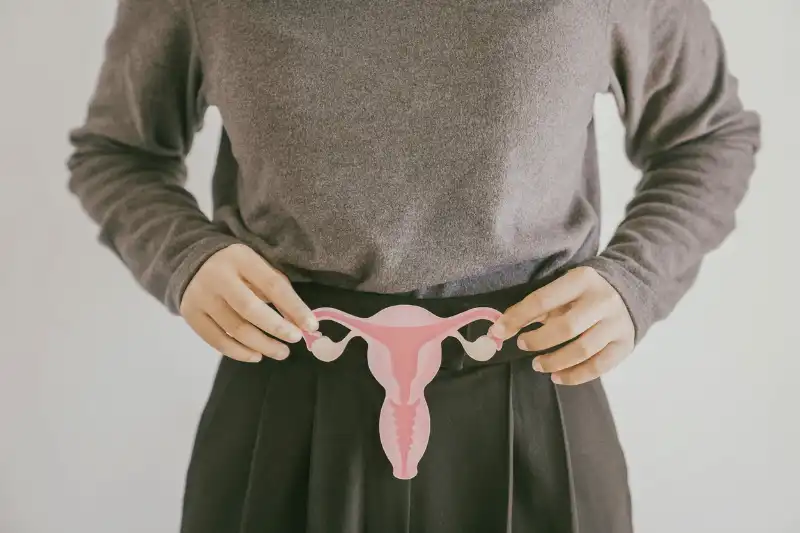What is Infertility?
Infertility is defined as the inability to become pregnant after one year of trying for women less than 35 years of age or after six months of trying for women over 35. Women who are able to become pregnant but cannot stay pregnant may also be infertile. About 10 percent of women ages 15-44 in the United States have difficulty getting pregnant or staying pregnant, according to the CDC. Approximately 15% of American women of childbearing age receive care for infertility each year.
Both women and men can have problems that cause infertility. About one-third of infertility cases involve problems with the female, one-third are due to problems with the male, and the other cases are due to a mixture of male and female problems or unknown problems.
If you’re struggling with your fertility, know that you are not alone. 1 in 8 couples experience difficulty achieving pregnancy. This journey can be daunting, but our team is here to help you through each step. Keep reading to find out more about infertility and some of the hormonal disorders women can face that can cause infertility.
What Causes Infertility In Females?
Ovulation dysfunction is the most common cause of female infertility. Without ovulation (release of an egg from the ovary), there are no eggs to be fertilized. Some indications that a woman may not be ovulating normally include irregular or absent menstruation.
Polycystic ovarian syndrome (PCOS) is a common cause of female infertility. PCOS is a hormone imbalance problem that can interfere with ovulation. Ovarian insufficiency is another cause of ovulation problems. Ovarian insufficiency occurs when a women’s ovaries stop working normally before age 40.
Other causes of female infertility include:
- Blocked fallopian tubes due to pelvic inflammatory disease, endometriosis, or surgery for an ectopic pregnancy
- Uterine or cervical anomalies, which include problems with the cervical mucus, the opening of the cervix, or abnormalities in the shape of the uterus
- Uterine fibroids which are benign tumors in the wall of the uterus and can interfere with implantation of the fertilized egg
- Endometriosis, a condition in which endometrial tissue (the cells that line the uterus) grows outside the uterus and can affect the function of the ovaries, fallopian tubes, and uterus
- Pelvic adhesions, bands of scar tissue that can cause organs to bind together after abdominal or pelvic surgery , pelvic infection, or appendicitis
- Thyroid disorders
- Cancer and its treatment
What Causes Infertility In Men?
- Azospermia (no sperm cells) or oligospermia (few sperm cells) are the most common male infertility factors
- Malformed sperm cells or sperm cells that die before they can reach the egg
- Varicocele, enlarged veins in the testes that increase the blood flow and heat, affecting the number and shape of sperm
- Medical conditions such as diabetes, cystic fibrosis, and infection
- Trauma
- Unhealthy habits such as smoking, excessive alcohol use, testosterone supplementation, anabolic steroid use, and drug use
- Environmental toxins
- Cancer and its treatment
What Are Risk Factors That Contribute To Infertility?
- Age – fertility declines with age
- Tobacco use
- Alcohol use
- Being overweight
- Being underweight
- Exercise – not enough exercise or too strenuous or too intense exercise
How Is Infertility Treated?
85 to 90 percent of infertility cases are treated with conventional therapies, such as drug treatment or surgical repair of reproductive organs. Although IVF is usually every couple’s best chance for pregnancy, most couples do not need it. The majority of infertile couples who achieve pregnancy do so without employing the most expensive, most “high tech” interventions.









